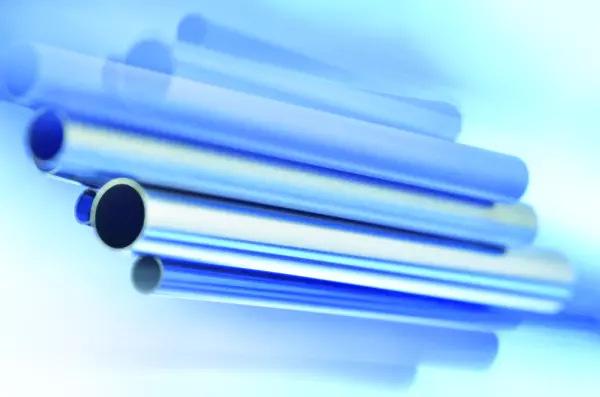
NITINOL TUBES Nitinol Tubes Generation 1, 2 or 3 (HCF-High Cycle Fatigue) ASTM F2063 complia...
Portal and digital medical technology fair of the largest MedTech cluster in Germany

A new combination of metals consists of cobalt and nickel, making it suitable for dental and surgical implants. These materials are also commonly used for machinery construction because they withstand high temperatures and severe corrosive conditions. They are biocompatible and are thus ideal for prosthetic struc ture and implants. Here are some of the benefits of this metal combination. Read on to learn more about these prosthetic materials.
The main benefit of Co-Cr alloys is their resistance to corrosion. The material forms a passive film that protects the primary material. Because of their oxidation resistance, Co-Cr alloys are used for a variety of medical applications. The high hardness and strength of Co-Cr alloys make them suitable for mechanical parts. Moreover, they have excellent osseointegration properties, making them the preferred choice of many surgeons.
The chromium-cobalt alloys are hard, corrosion-resistant and biocompatible. These metals are often used for joint replacement implants and fracture restoration. They are biocompatible and have a high modulus of elasticity. They are strong and tough, and their composition allows them to be easily molded into various shapes. The published value is up to 220,000 N/mm, depending on the strength of the alloy.
These alloys are safe for use in implants. However, it is important to note that CoCr alloys are not biocompatible and should not be used in the absence of a medical need. The high level of nickel content makes them an incompatible material to be used as implants. This alloy is extremely hard, and is not biocompatible. Consequently, it is a risky choice. It is also not recommended for use in women.
These implants are made from an alloy containing 26-31% chromium and 4-6 percent molybdenum. The alloys also contain up to 1.5 percent silicon and 0.15 to 0.7 percent nitrogen. During surgery, it is necessary to remove the implant because it may be dangerous for the surgeon. The surgical team should use special equipment to remove the alloy. During this process, a cobalt-chrome band is easily removed.
These implants are resistant to corrosion and wear, and are biocompatible. The combination of chromium and cobalt has many advantages, including low cost. The CC alloys are highly durable, and a spherical-shaped implant can be inserted into the patient's hip. They have the highest corrosion-resistance and machinability of any surgical metal. The CC alloys can be easily machined.
In contrast to titanium, Co-Cr alloys are relatively cheap. They exhibit less cyclic fatigue, but have comparable strength to titanium. In addition to dental implants, cobalt-chrome implants have many other benefits. They can reduce your risk of developing infections by improving your oral health. These dental appliances are more stable than their titanium counterparts, and will last for years. They are a popular choice for wedding bands.
Become a digital exhibitor yourself in the online portal of the largest and best-known MedTech cluster region in Germany and inform the world of medical technology about your products and services as well as about news, events and career opportunities.
With an attractive online profile, we will help you to present yourself professionally on our portal as well as on Google and on social media.